Counting proficiency Adding Up to 5 Worksheets for Ages 5-6
9 filtered results
-
From - To
Enhance your child's counting skills with our "Counting Proficiency: Adding Up to 5 Worksheets" designed specifically for ages 5-6. These engaging, interactive worksheets provide a fun and effective way for young learners to master addition concepts up to 5. Through colorful visuals and relatable scenarios, children will improve their ability to recognize numbers, understand quantities, and confidently solve simple addition problems. Ideal for classroom practice or home learning, these worksheets foster essential math skills while keeping learning enjoyable. Equip your child with a strong foundation in math by exploring our comprehensive collection today!
Counting proficiency, particularly the ability to add up to 5, is crucial for children ages 5-6 as it lays the foundation for all future mathematical learning. At this age, children are developing crucial cognitive skills, and mastering counting sets a stage for understanding more complex concepts, such as addition and subtraction.
When children learn to recognize and manipulate numbers up to 5, they build their confidence and develop essential problem-solving skills. This early understanding fosters an interest in math, leading to positive attitudes toward learning as they progress through school. Moreover, four explicit learning strategies such as using visuals, tapping into hands-on activities, verbal exercises, and storytelling can make this learning engaging and relatable.
For parents and teachers, providing a robust environment for counting proficiency ensures that students are ready for more advanced concepts in later grades. Furthermore, children who struggle with basic counting may face challenges in academic achievement, which can lead to negative perceptions of their math abilities. By focusing on counting skills, parents and teachers can support children's overall cognitive development, facilitating success both academically and socially as they collaborate and share ideas in group settings.
Ultimately, counting up to 5 can significantly impact a child's lifelong ability and confidence with math.
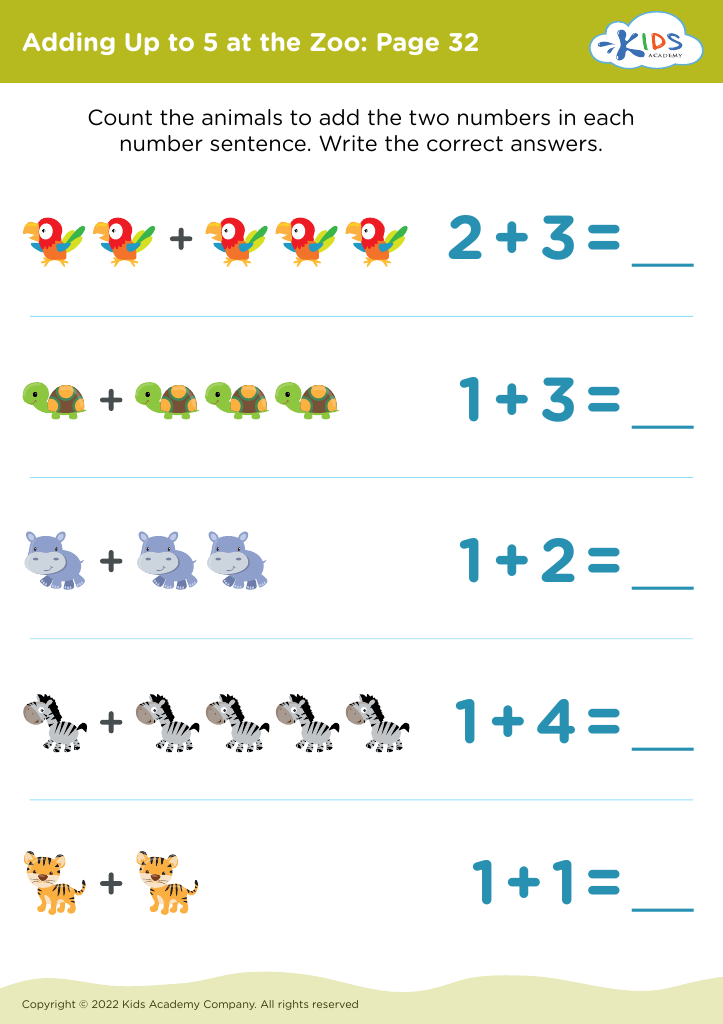

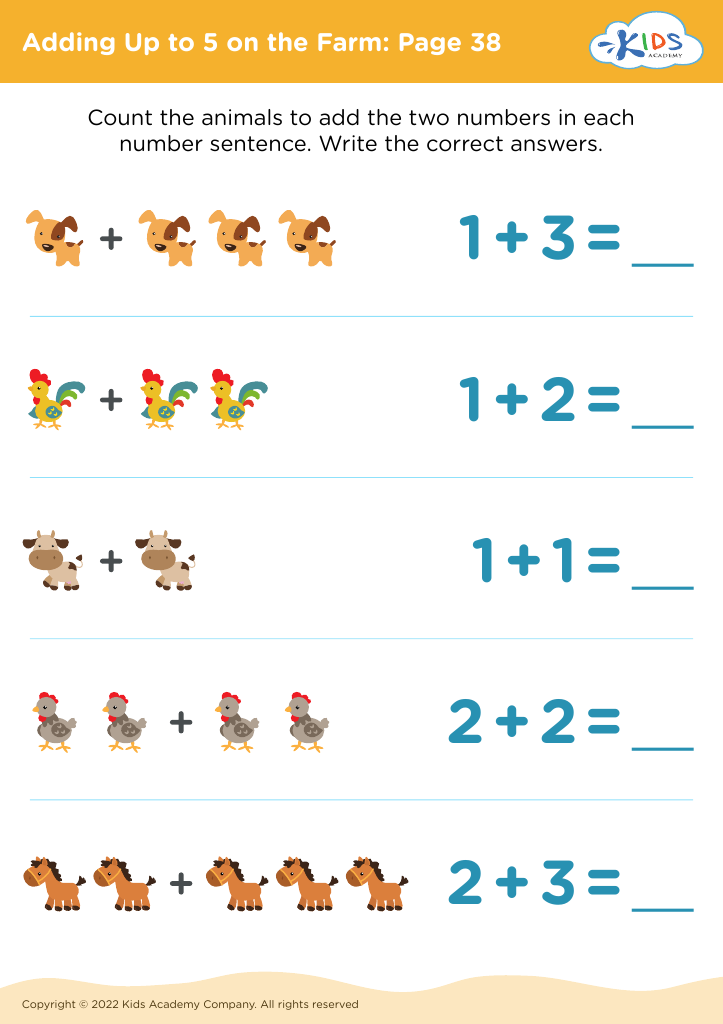
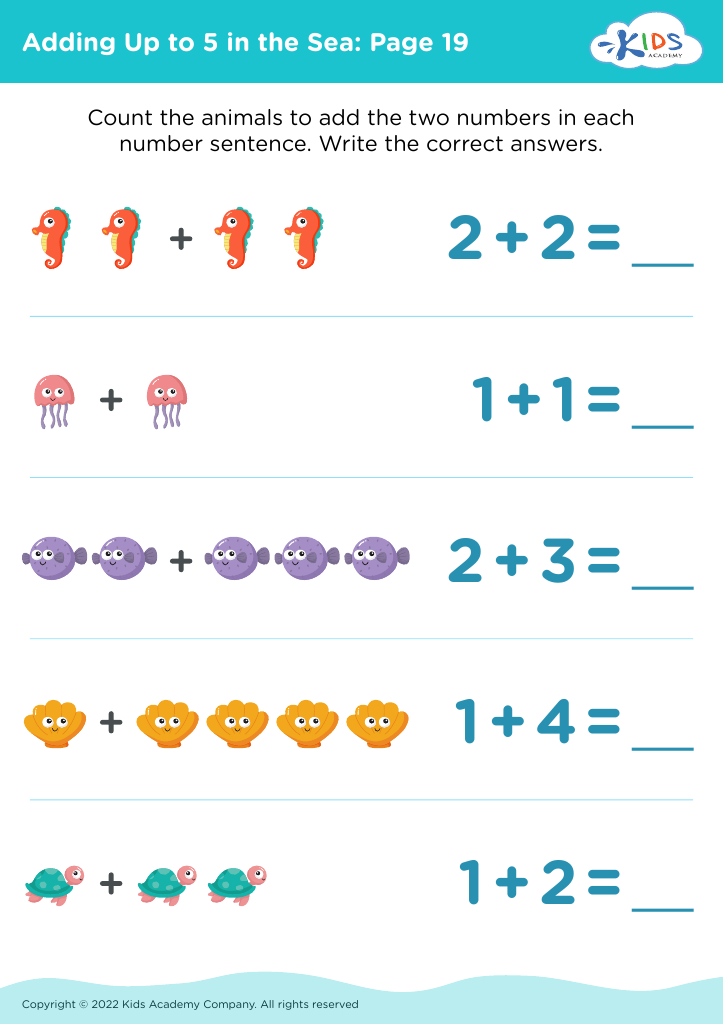
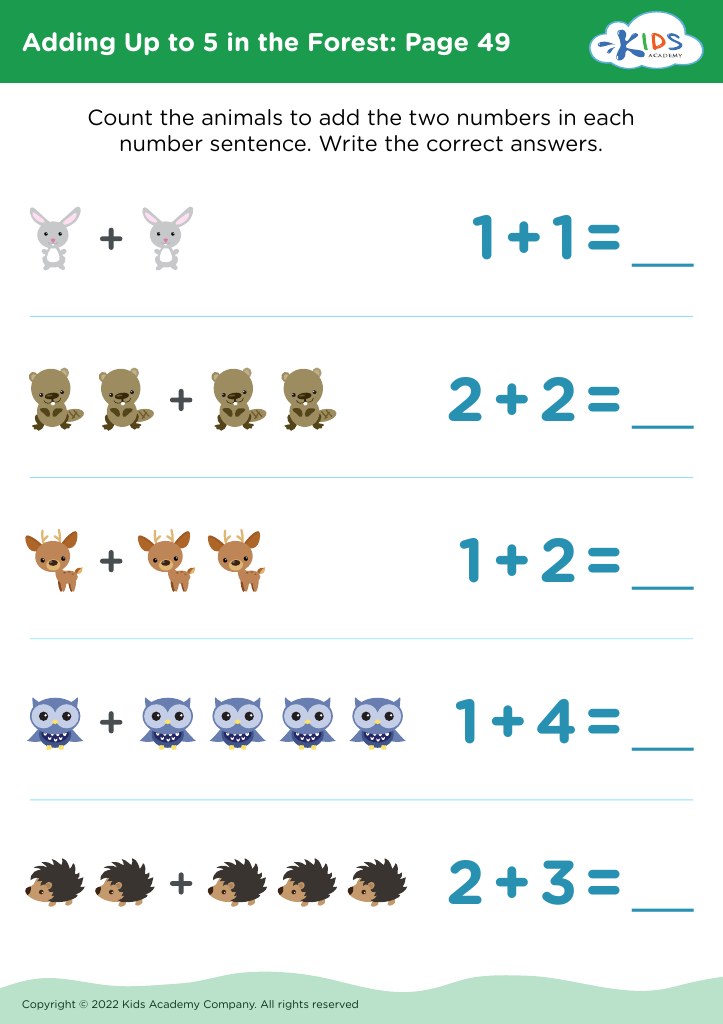
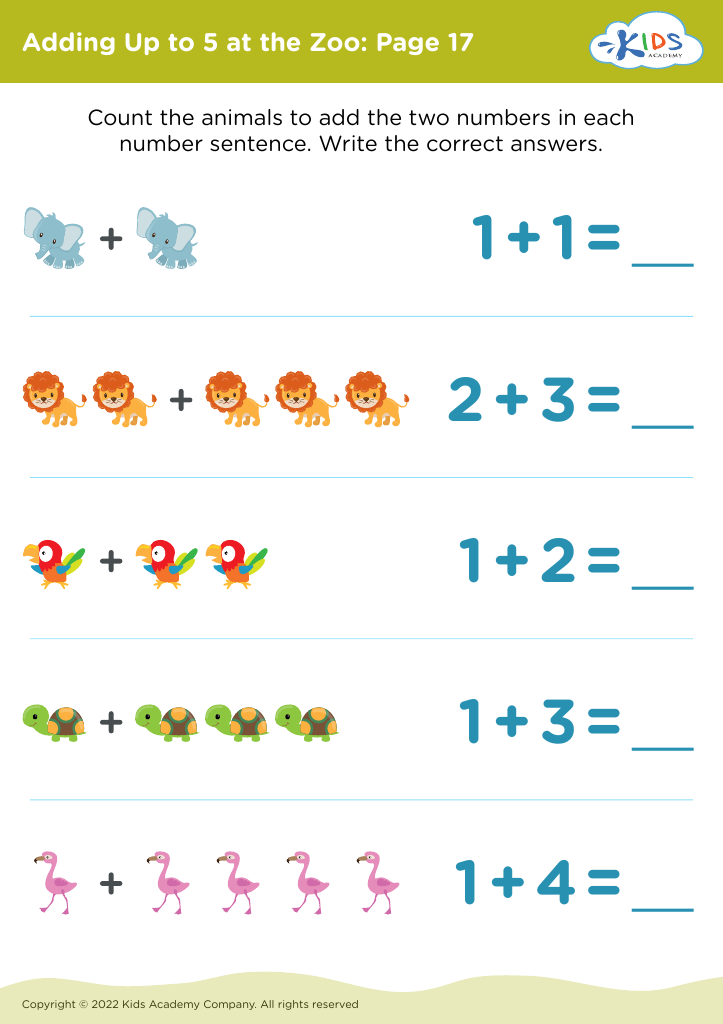

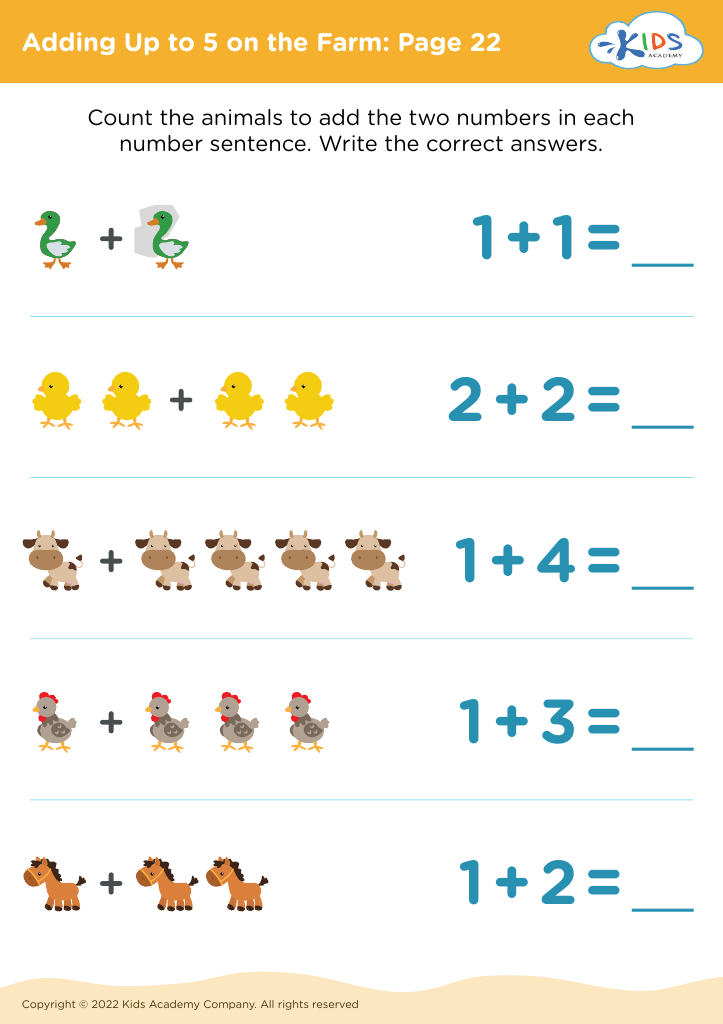
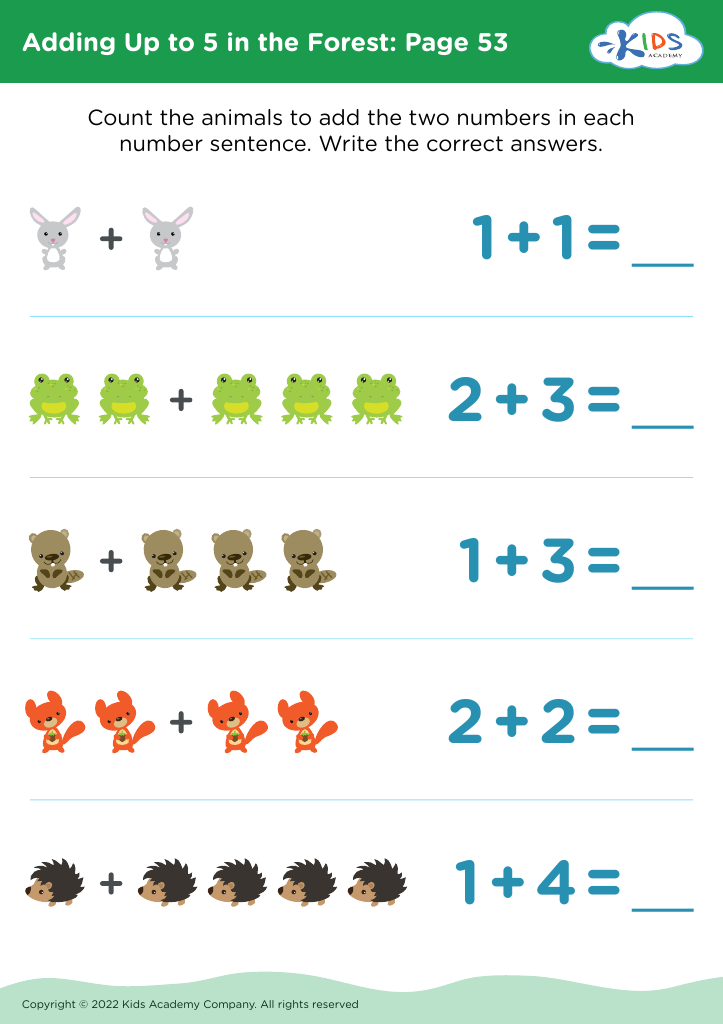
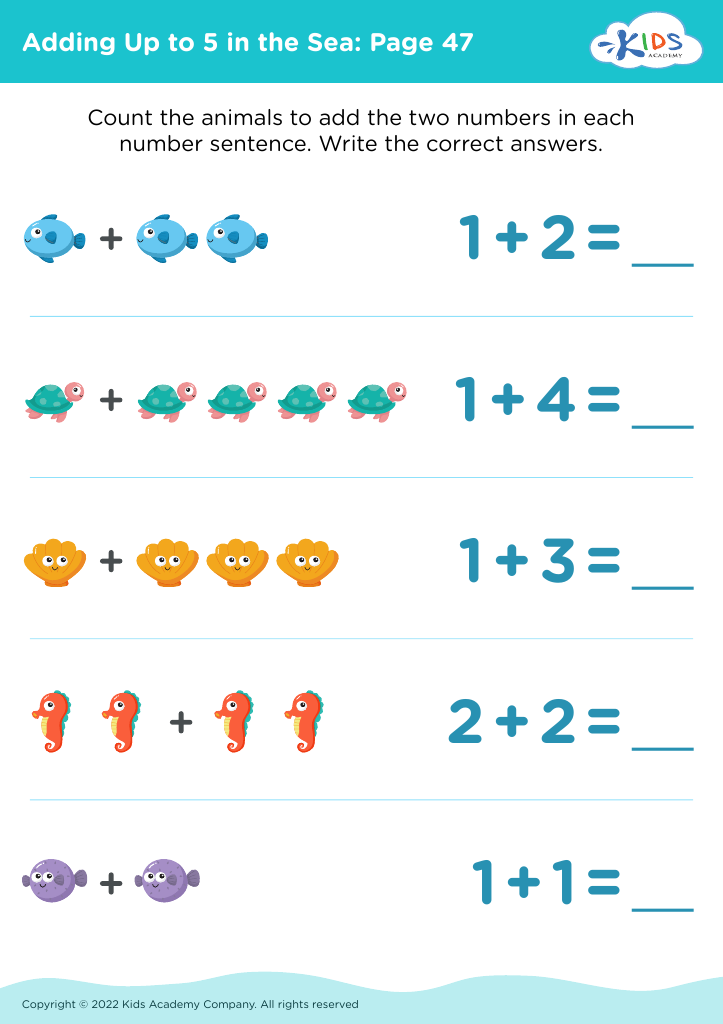
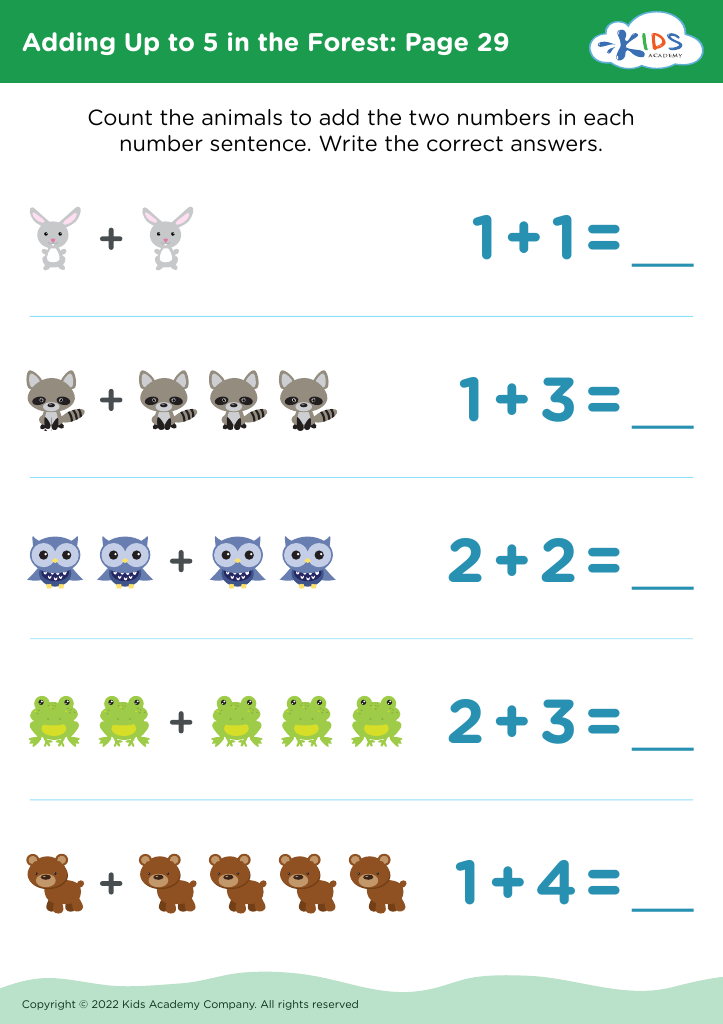








%20(1).jpg)











